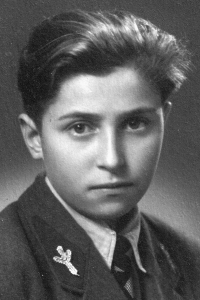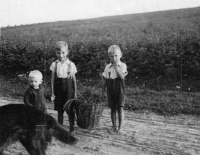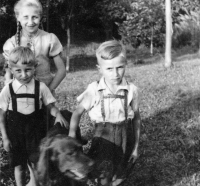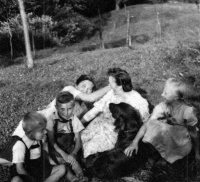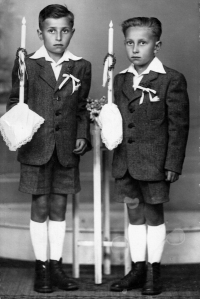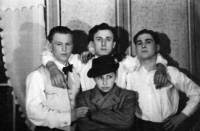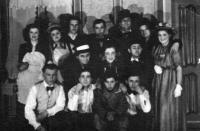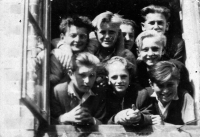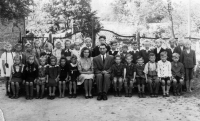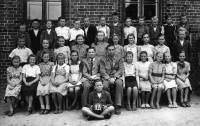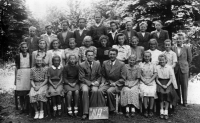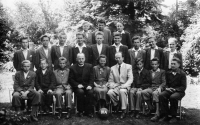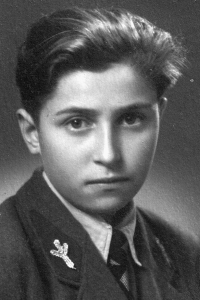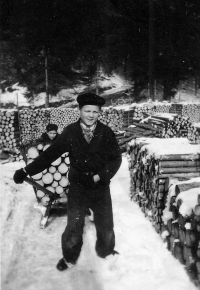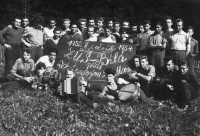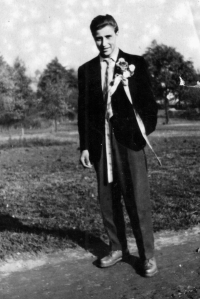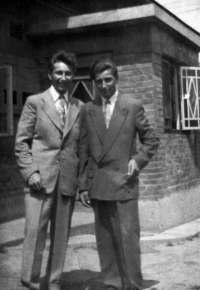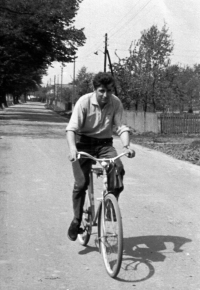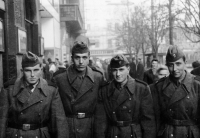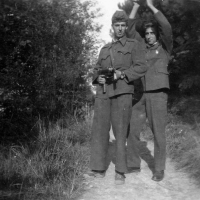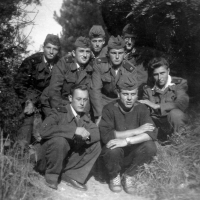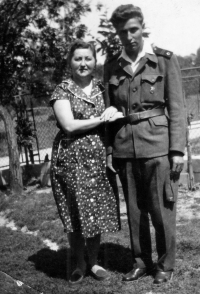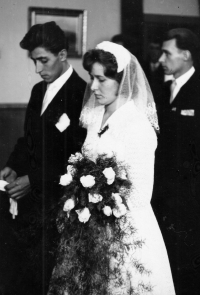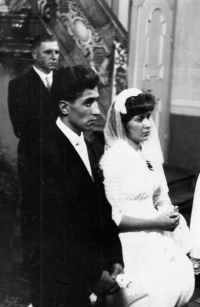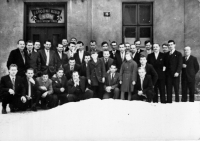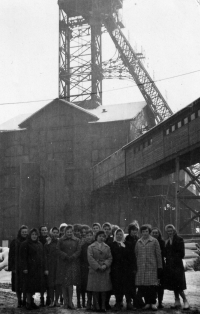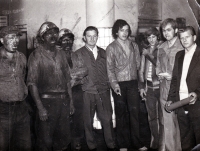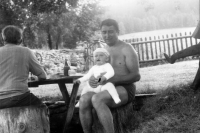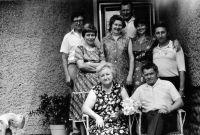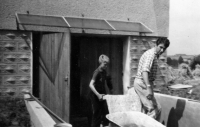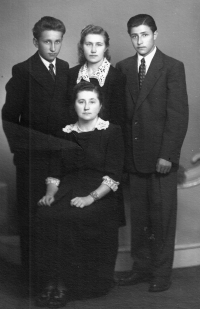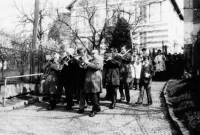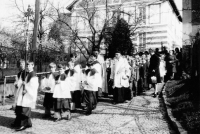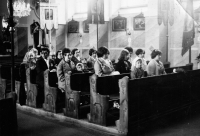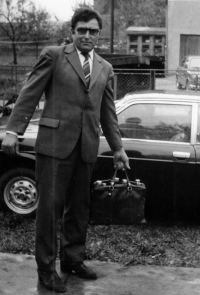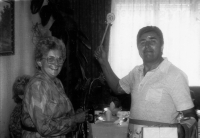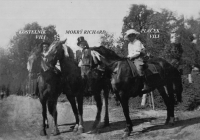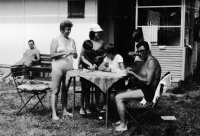They made us Germans so the men would have to join the army. So Hitler would have cannon fodder
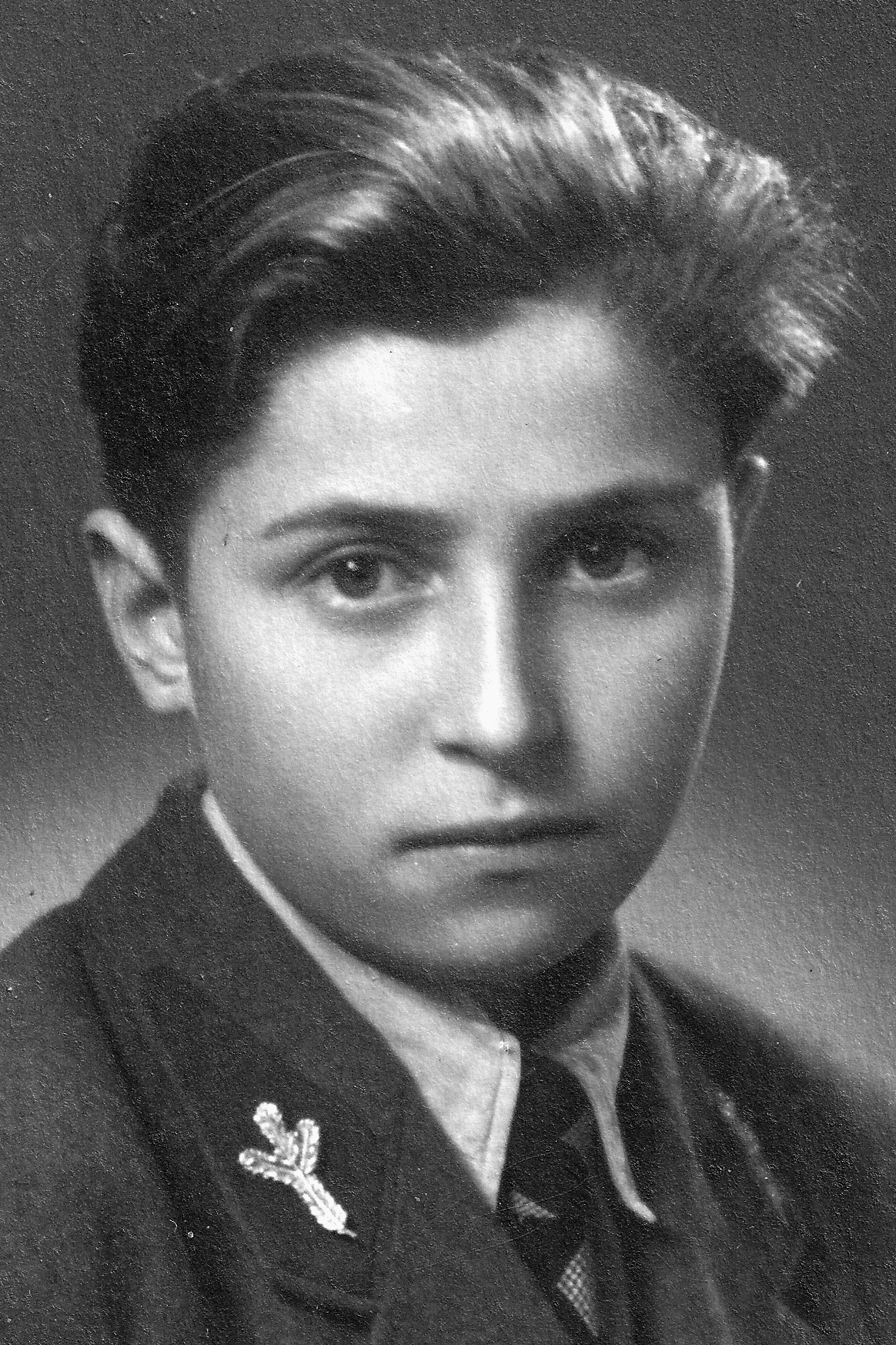
Download image
Vilibald Plaček was born on 10 September 1937 in Hať, Hlučín region, into the family of Alois and Marie Plaček. His father was a carpenter, worked on construction sites and also in a mine shaft. In the second half of the 1930s, he went to work in Germany during the harvest. The family with three children did not have their own house and lived in lodgings. After the Munich Agreement was signed in 1938, Hlučín became part of Germany and his father got a job at the railway. In 1944, his father enlisted in the Wehrmacht, was wounded on the Eastern Front and received treatment in Germany. Vilibald Plaček witnessed the fighting of the Ostrava-Opava Operation in Hať. He remembers how the People’s Commissars took over the management of the village after May 1945. From childhood he worked for peasants to help his mother support the family. His father remained in Germany and did not return until 1958. He was trained to work in the forest, but from 1959 he worked in the Vítězný únor mine in Ostrava, from where he had to retire on disability at the age of less than 50. At the time of filming, in 2024, he lived in Hať.
